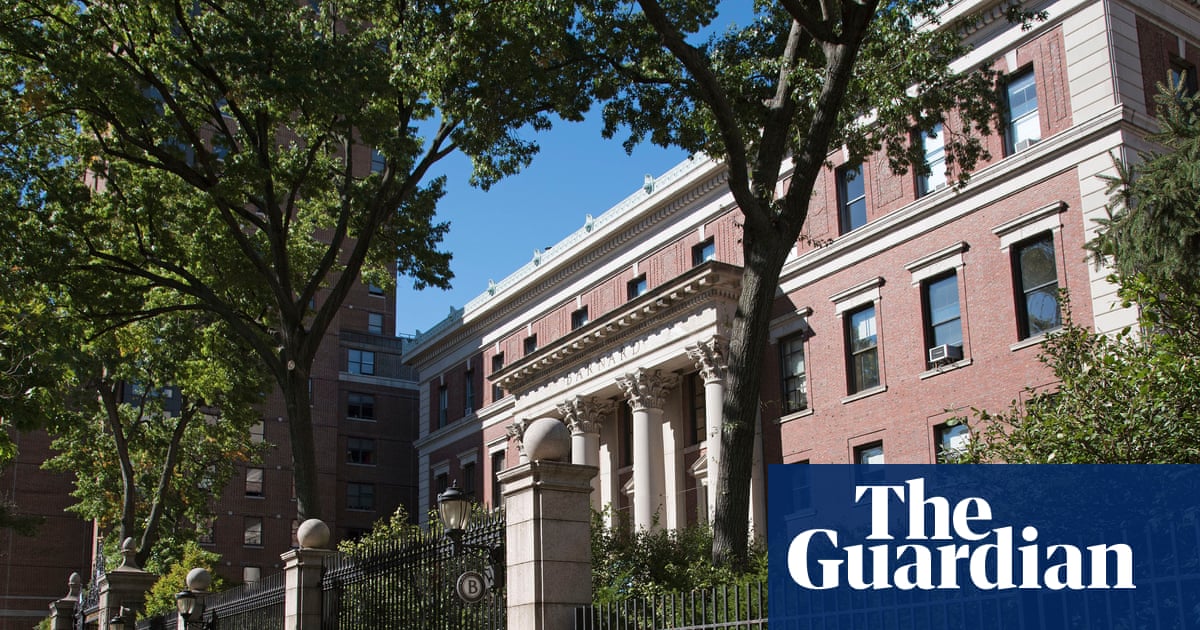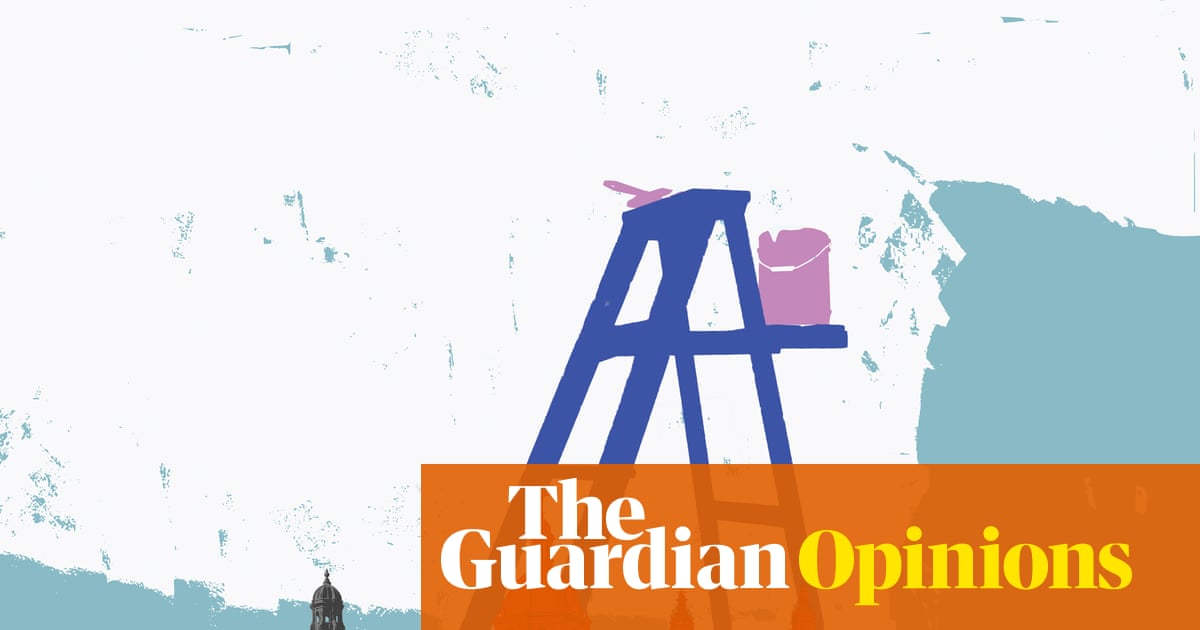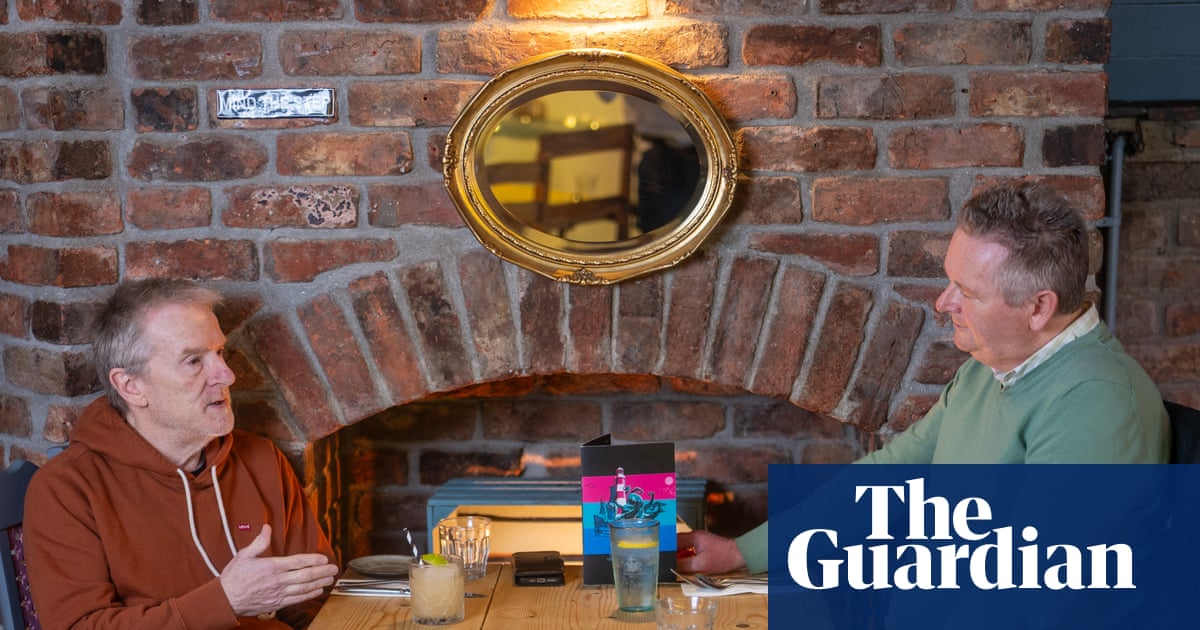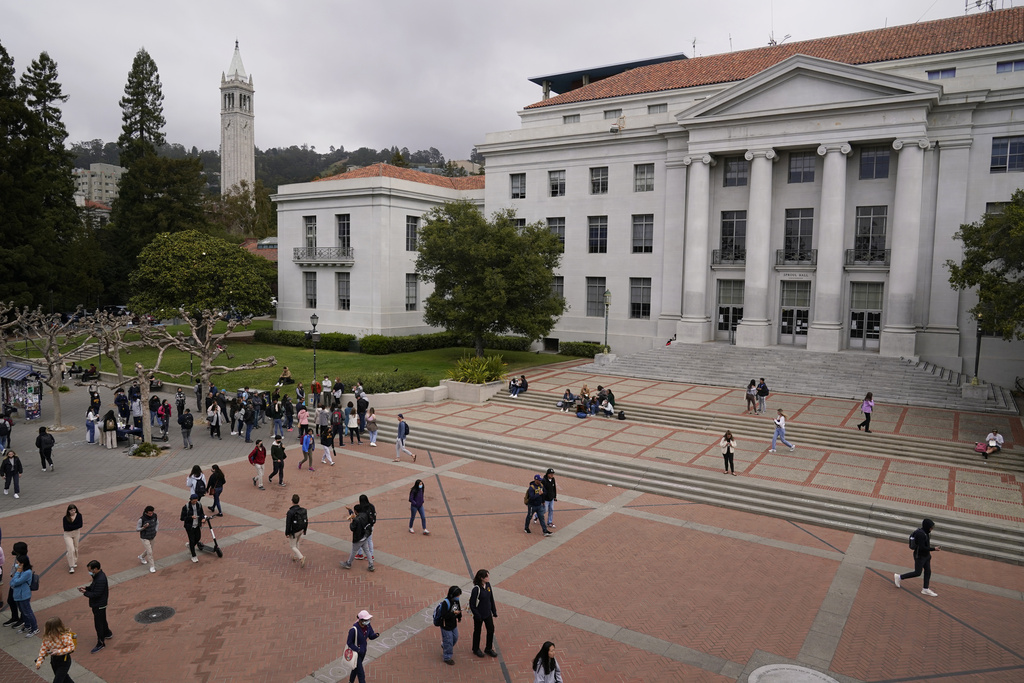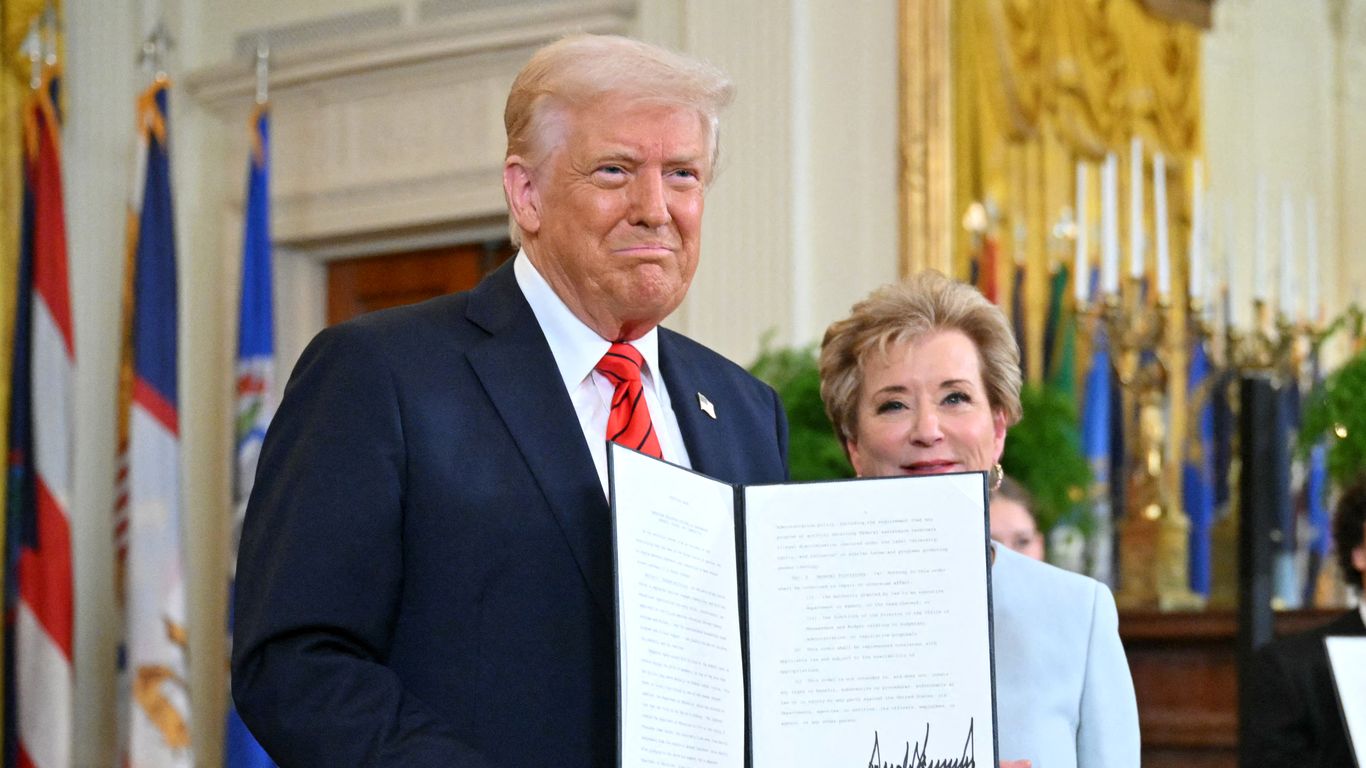UK politics
fromwww.independent.co.uk
5 hours agoI graduated with 84k student loan debt now I'm working part-time in a shop'
A university graduate with £84,000 in student debt struggles to find employment in his field and faces rapidly accumulating interest charges under the Plan 2 loan system.
